Today we had a graduation ceremony for the first batch of Cambodia Sign Language interpreters to be trained after the formation of the National Institute of Special Education.
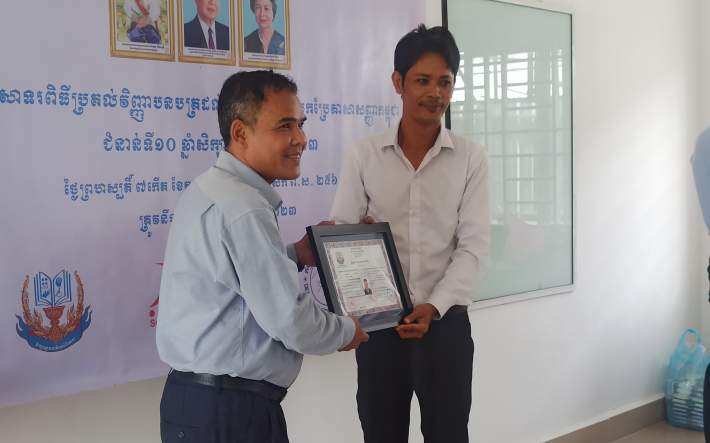
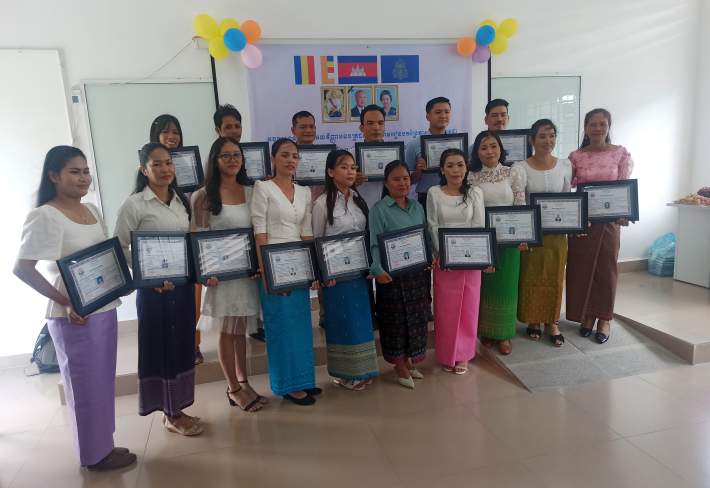
Charlie Dittmeier's Home Page
People and activities in the Cambodian deaf world
Today we had a graduation ceremony for the first batch of Cambodia Sign Language interpreters to be trained after the formation of the National Institute of Special Education.


The morning of the last full day at the Samadi retreat center, I presided at the morning mass.
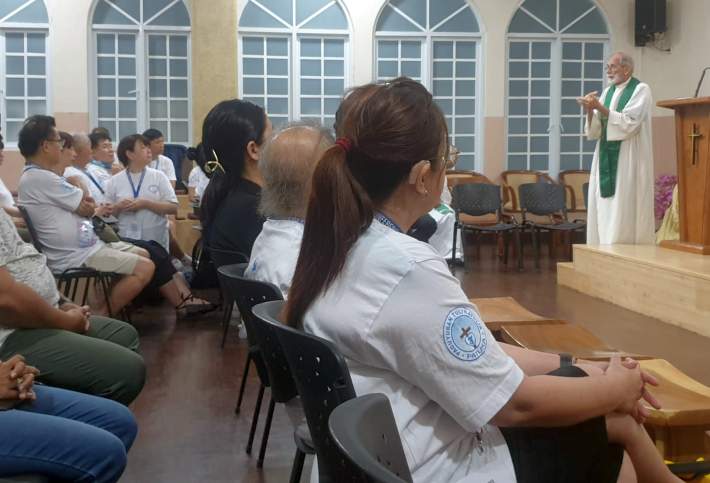

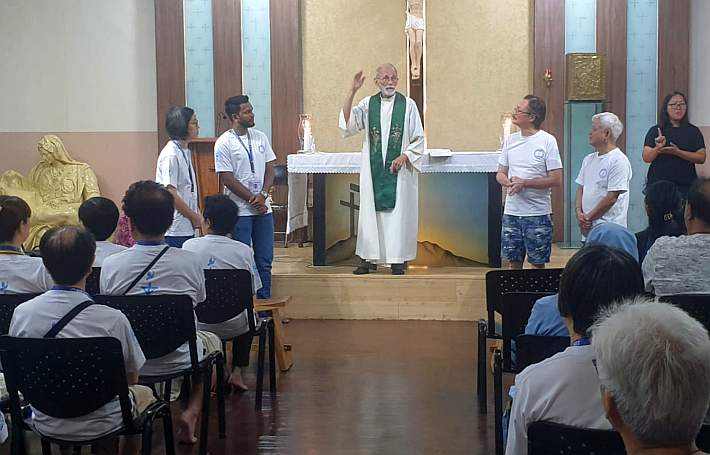
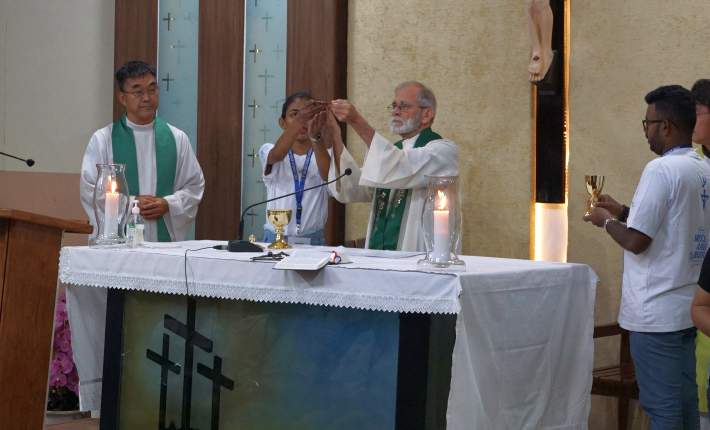
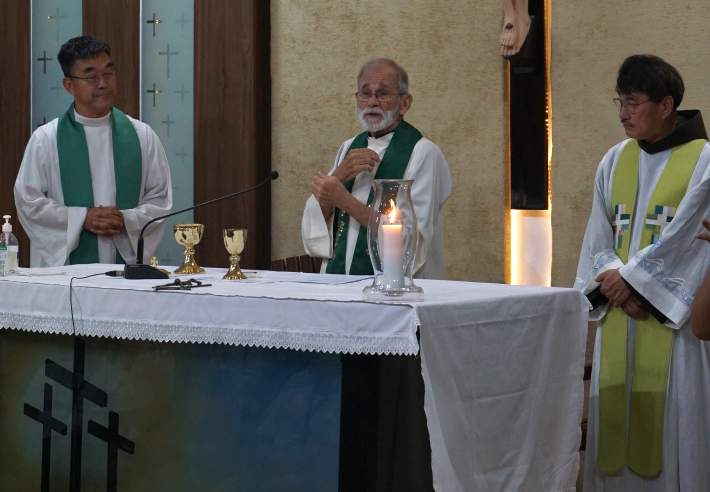
The next day was a cruise out to an island in the Java Sea north of Jakarta.
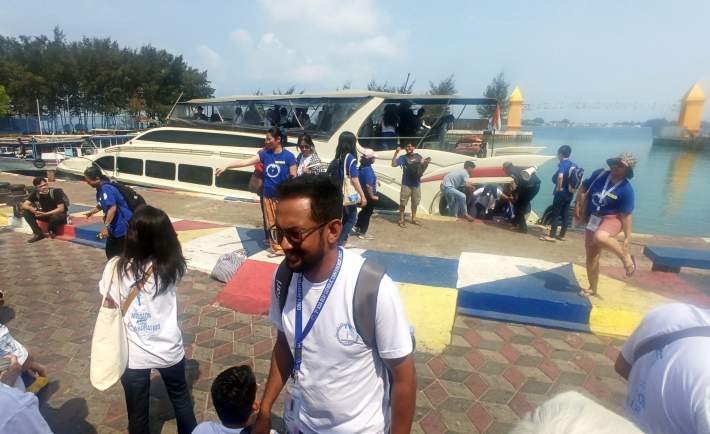
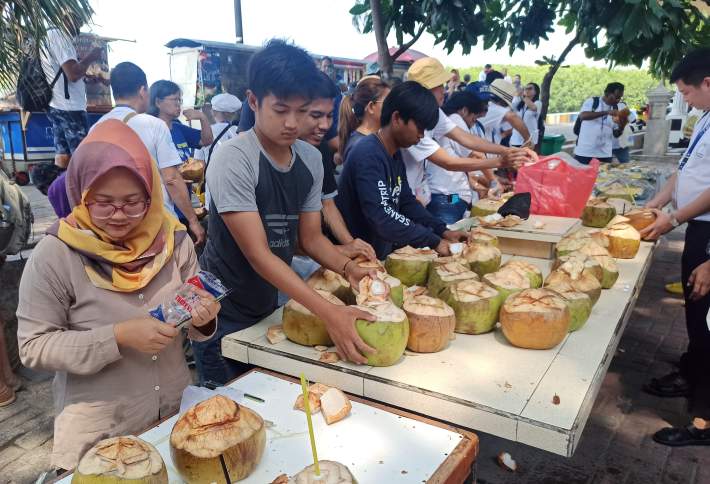

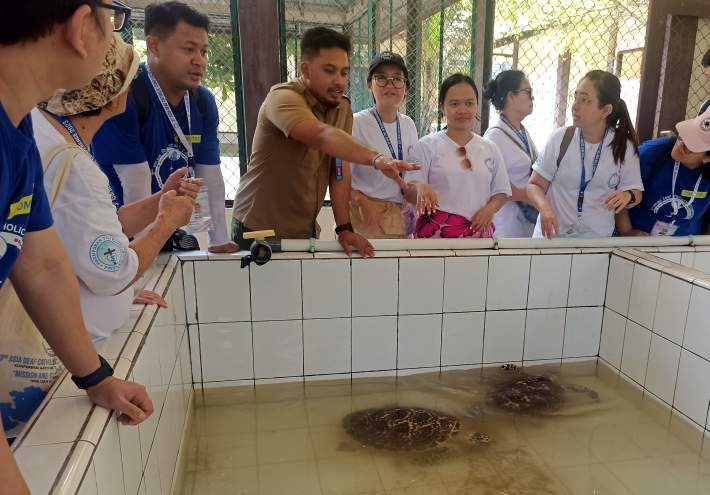
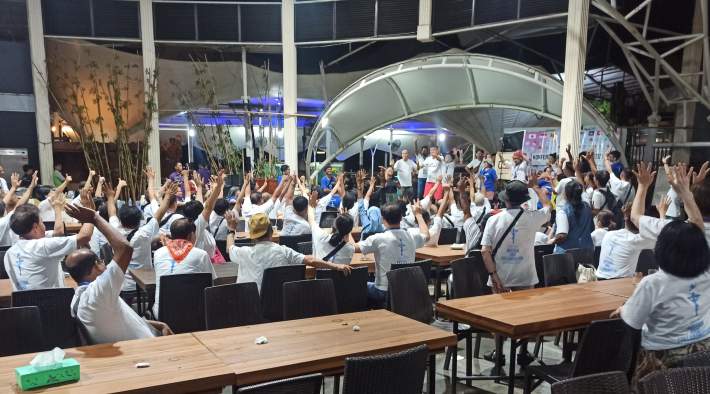
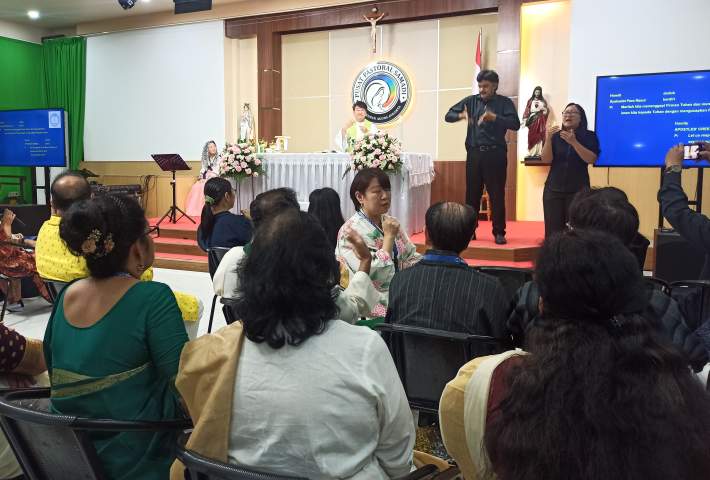


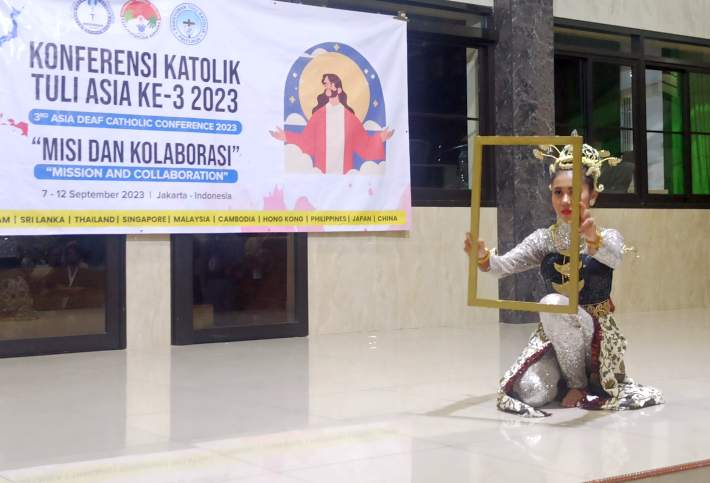
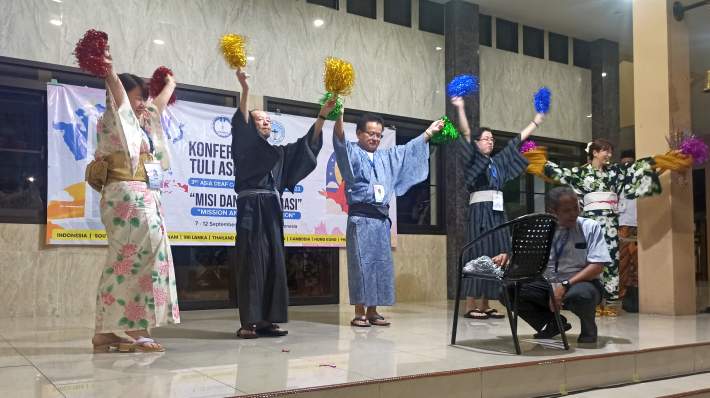
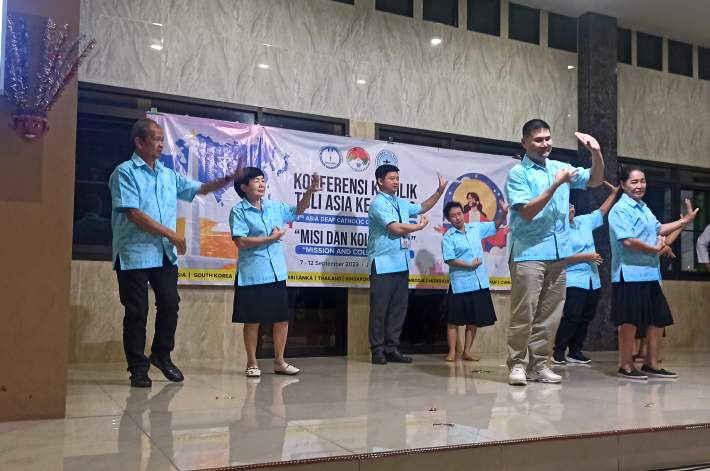
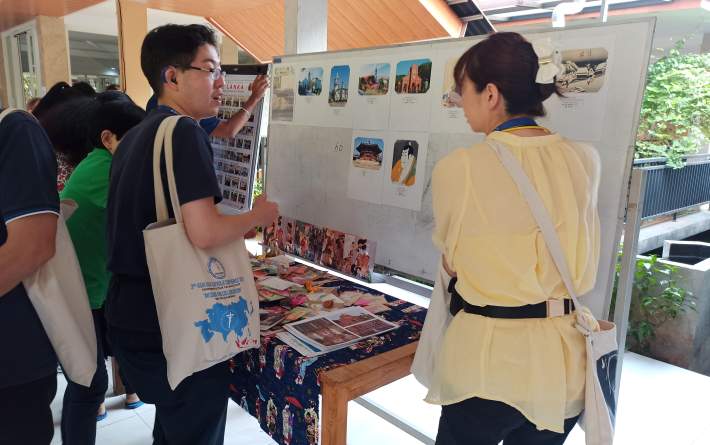
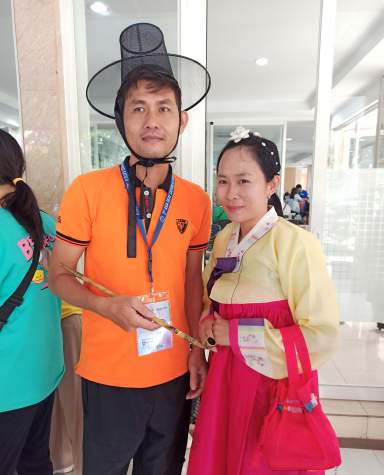
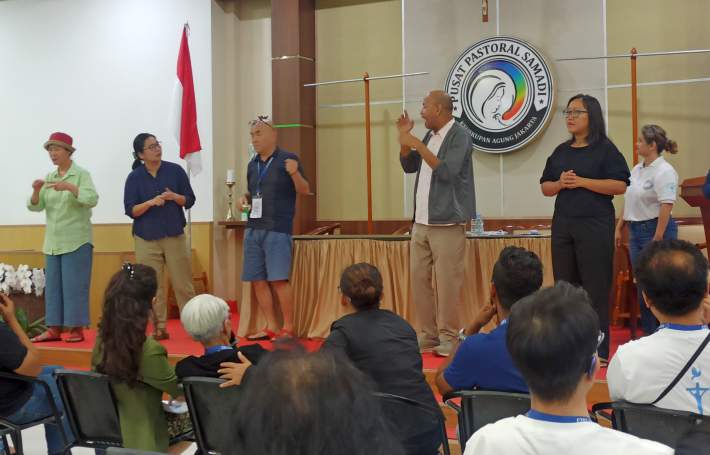
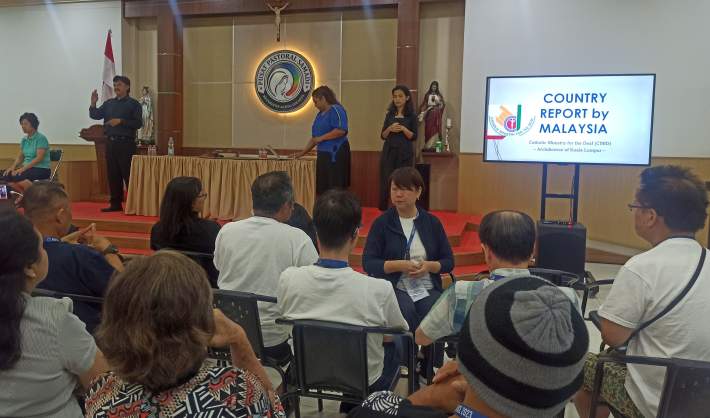
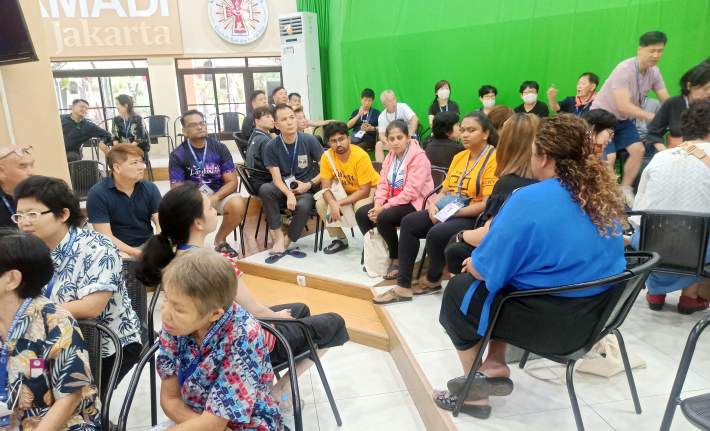
After visiting the National Monument, the three buses went to the Jakarta Cathedral for a mass with the cardinal of Jakarta.
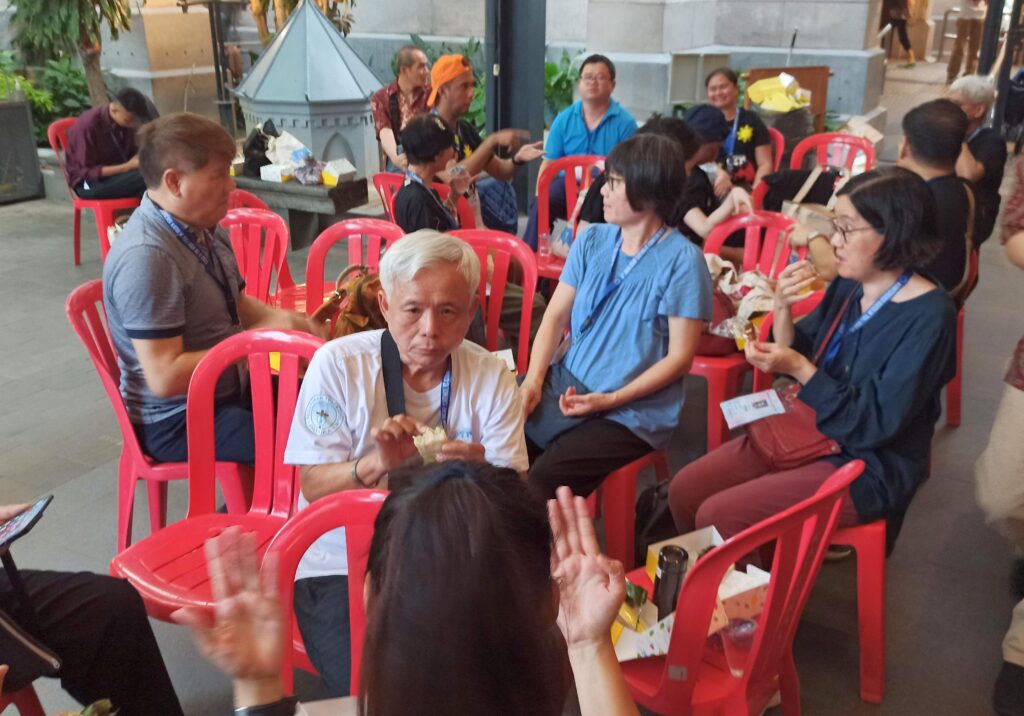
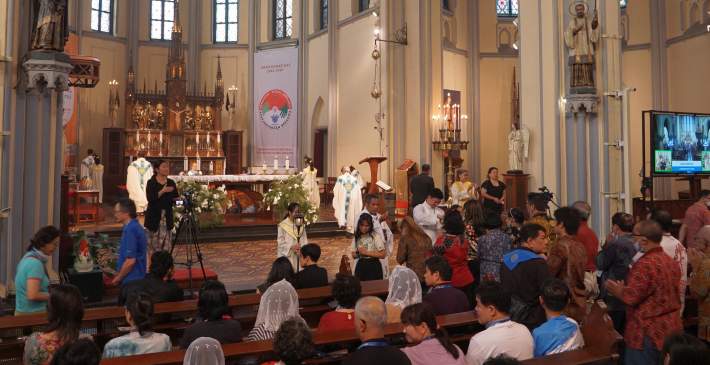
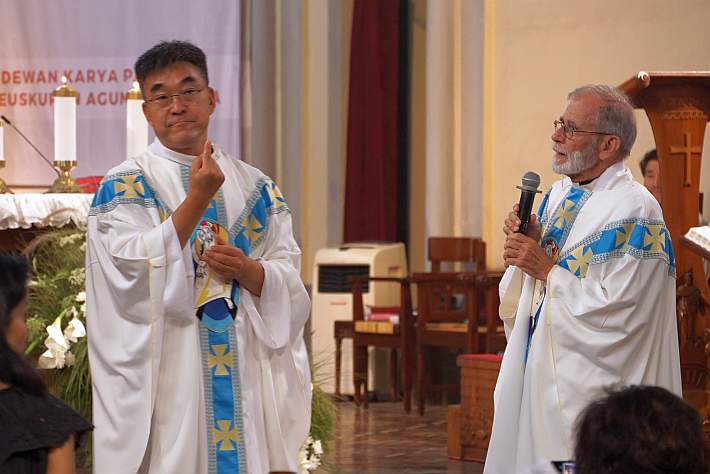
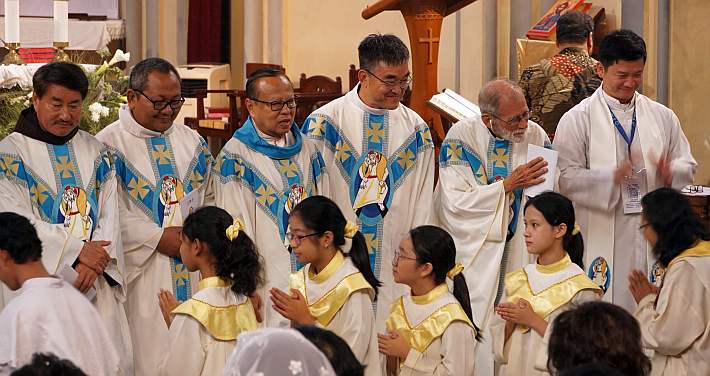
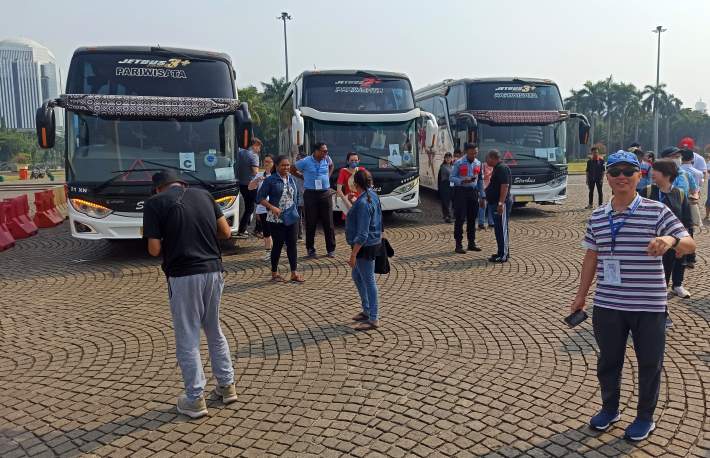
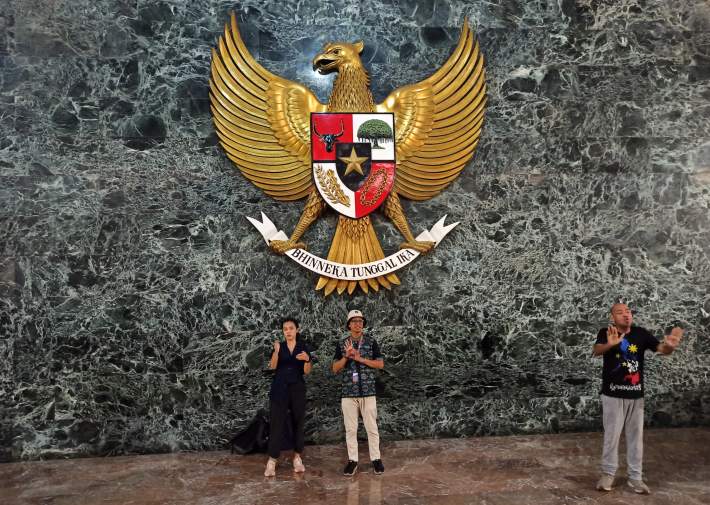
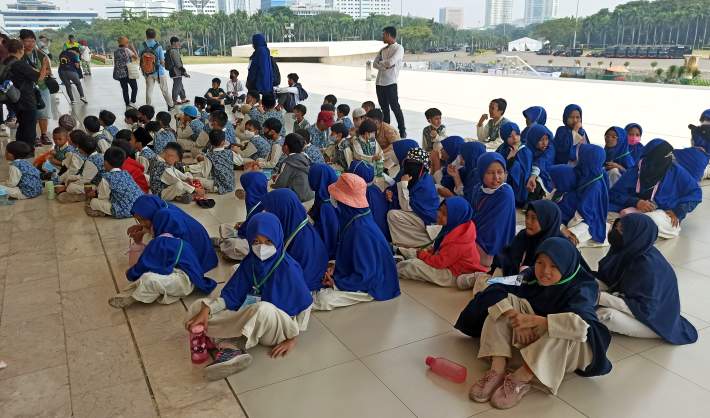
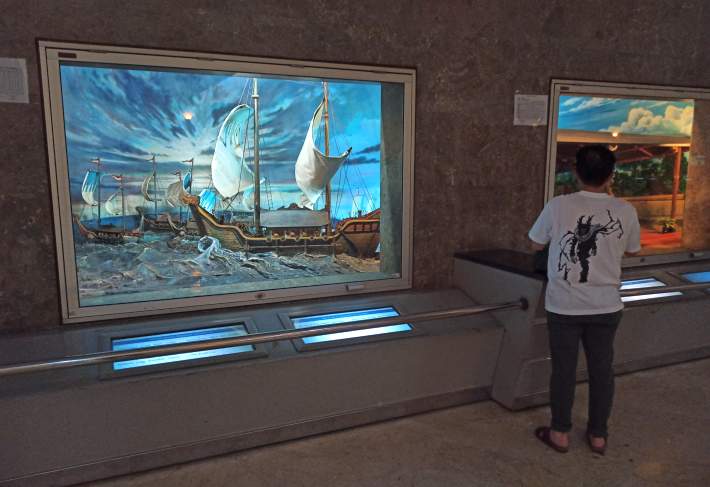
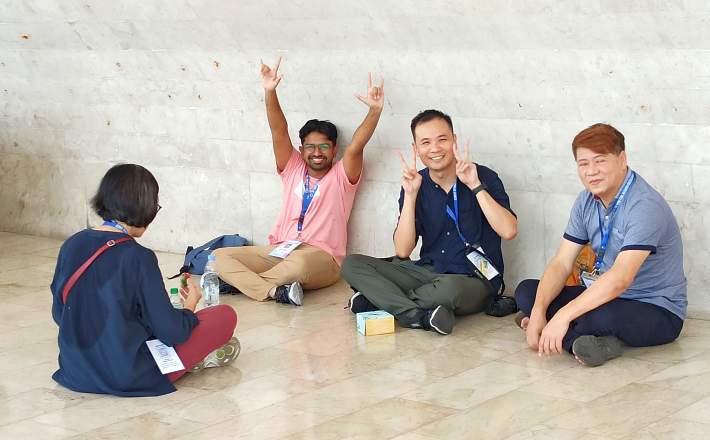
The Catholic deaf groups of Asia started a conference held every three years to bring the Catholic deaf people together for a time of learning and celebrating our faith together. This third conference, delayed several years by Covid, attracted 150 participants.
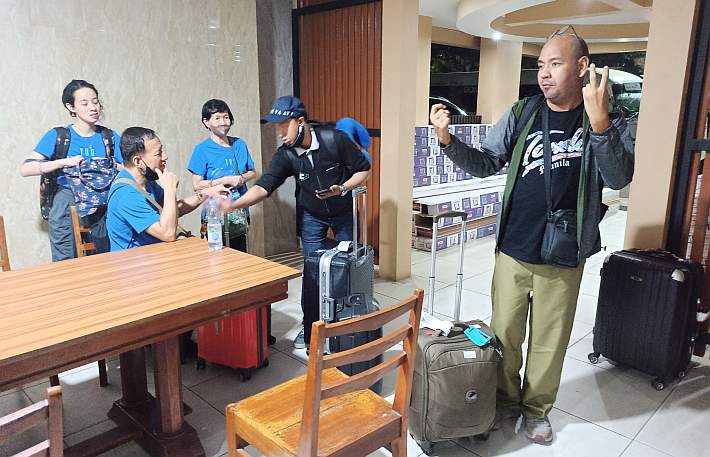
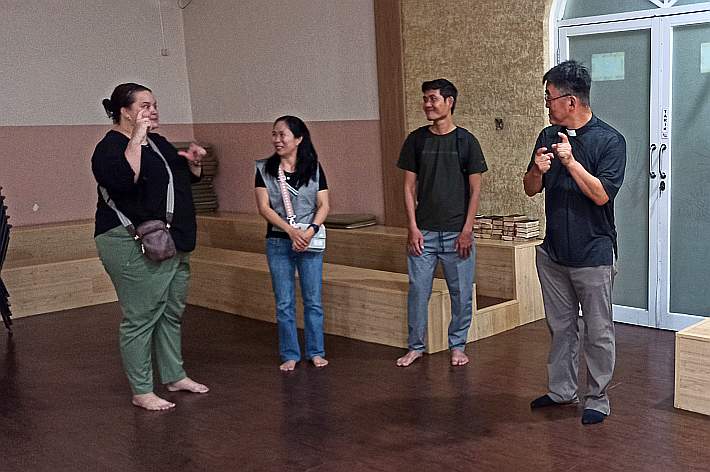
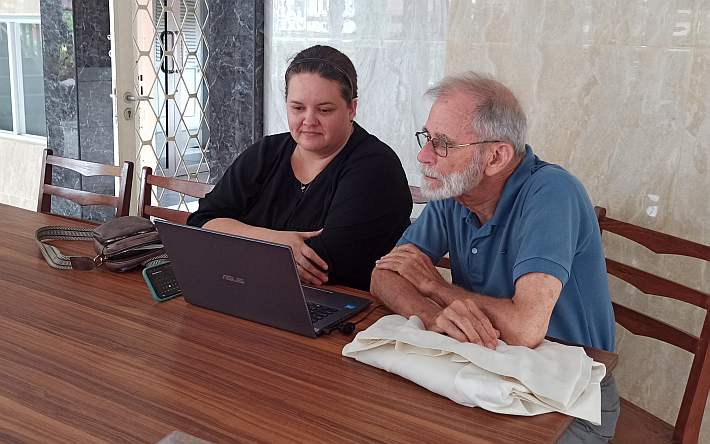
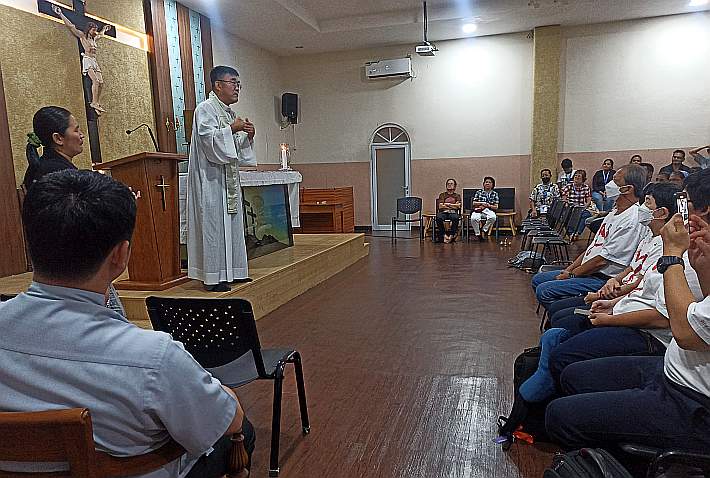
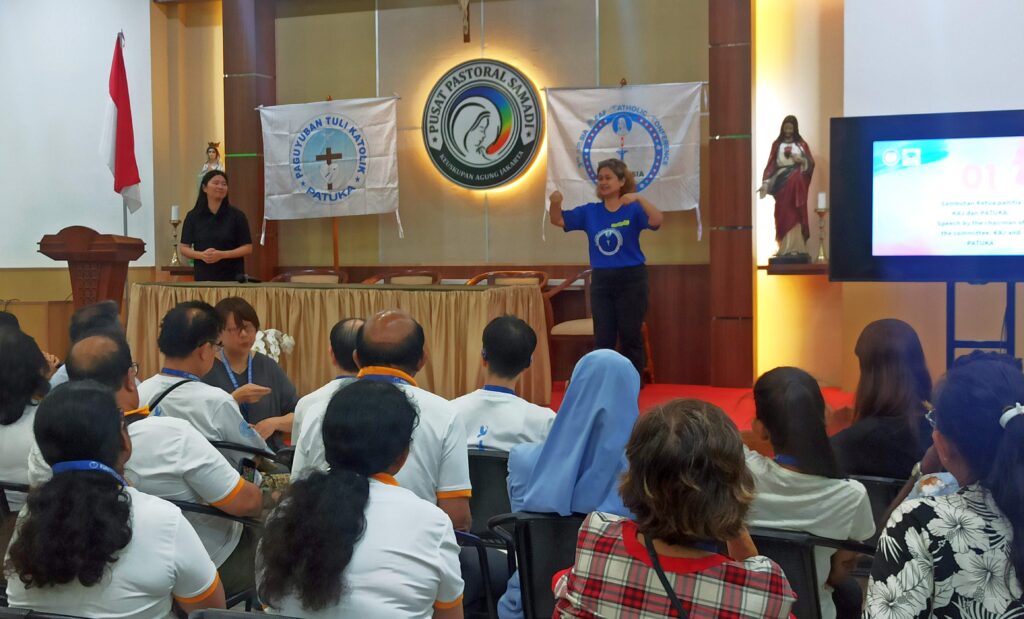
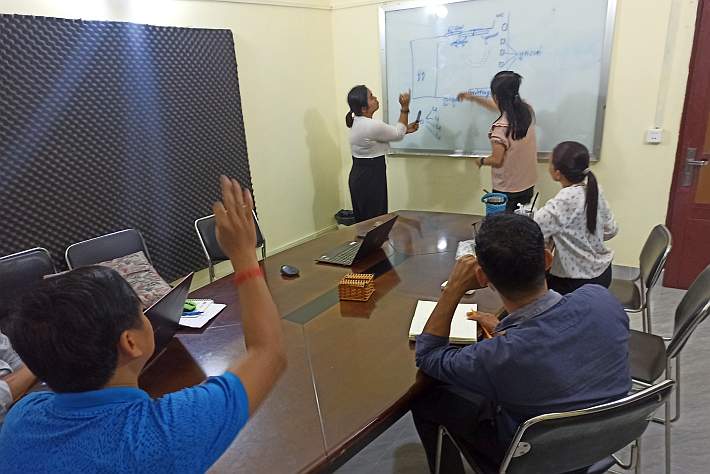
Deaf Week around the world is September 17-23, and our big Deaf Day celebration will be on Sunday, 17 September. We are using the Don Bosco Vocational Training school’s outdoor area and a DDP staff team went to look at the site. Upon returning, they gathered to discuss the placement of the various activities.
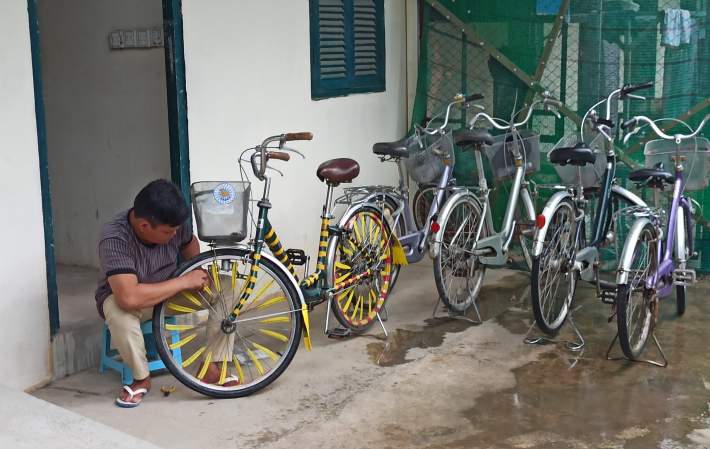
One of our barber students spent some after-hours time customizing his bike. I’m not sure how he got the yellow plastic strips or what they are from, but he spent a couple hours fixing up his ride.